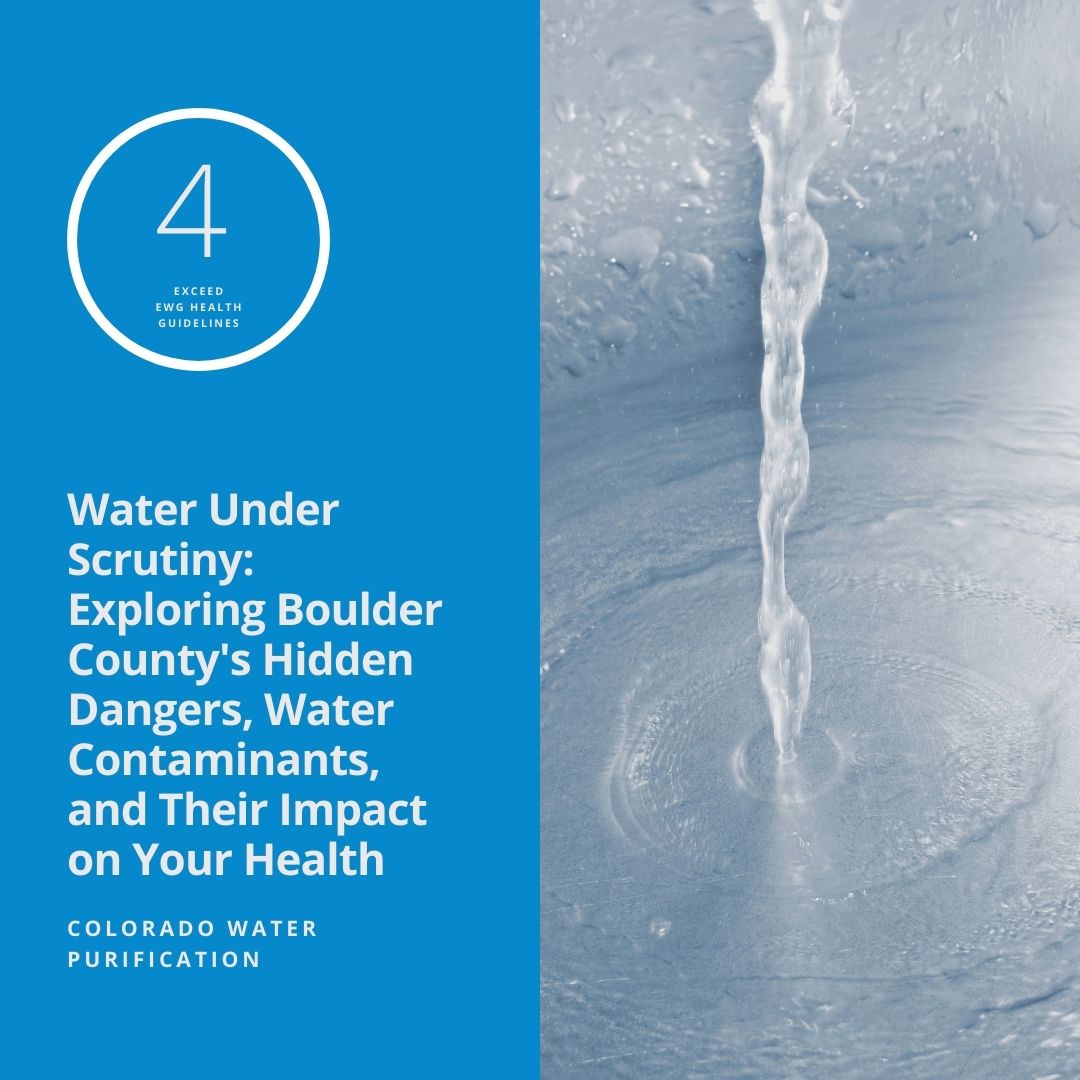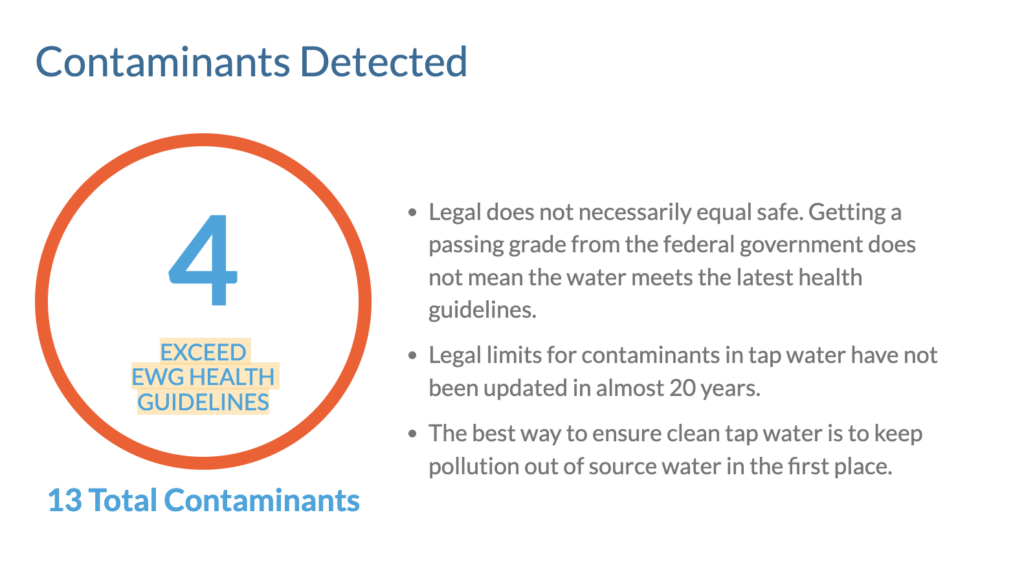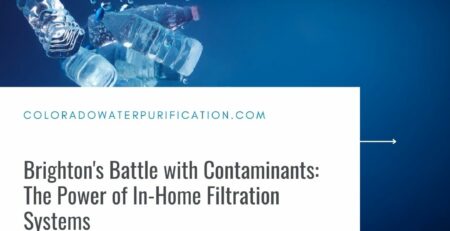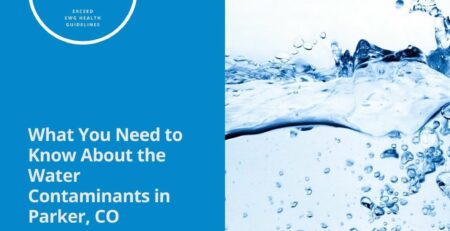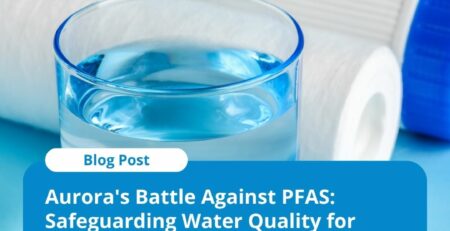Water Under Scrutiny: Exploring Boulder County’s Hidden Dangers, Water Contaminants, and Their Impact on Your Health
Nick2023-07-05T11:17:12-06:00Water is an essential resource for our daily lives, from staying hydrated to cooking our meals. We rely on it for our well-being, but have you ever wondered about the quality of the water you’re consuming? In Boulder County, there are some unsettling findings regarding water contaminants that have caught the attention of the Environmental Working Group (EWG). Let’s delve into these concerns and shed light on how they can potentially impact your health.
Nitrate: A Silent Threat
Nitrates are naturally occurring chemicals that can seep into water sources from fertilizers and animal waste. While they may seem harmless, infants, particularly those under 6 months old, are more vulnerable. Elevated nitrate levels can lead to methemoglobinemia, a condition known as “blue baby syndrome,” which hampers the oxygen-carrying capacity of the blood. Protecting the little ones from this silent threat is crucial.
Arsenic: Unveiling the Hidden Carcinogen
Hidden beneath the surface, arsenic poses a serious health risk. As a naturally occurring metal found in groundwater, it can contaminate the water supply. Arsenic is classified as a known carcinogen, and long-term exposure can lead to various cancers, including skin, lung, and bladder cancer. The presence of this toxic substance demands attention and proactive measures.
PFAS: The Intricate Chemical Web
Perfluoroalkyl and polyfluoroalkyl substances (PFAS) are a group of man-made chemicals that have made their way into our lives through a wide range of products. From firefighting foams to non-stick cookware and stain-resistant fabrics, PFAS are prevalent in our environment. Alarming research has linked PFAS exposure to cancer, liver damage, and thyroid disease. Understanding the potential risks associated with these substances is essential for safeguarding our well-being.
Radioactive Contaminants: Unearthing the Uranium Legacy
Boulder County, with its history of uranium mining, faces a unique challenge. Radioactive contaminants released into the environment can find their way into the water supply, posing health risks when consumed or inhaled. While the levels of these contaminants generally remain below the EPA’s health advisory levels, it’s crucial to be aware of their presence and potential impacts, especially for vulnerable individuals.
It’s important to note that the levels of these contaminants in Boulder County’s water supply are generally within acceptable limits set by the EPA. However, individual sensitivities and vulnerabilities can vary, making it crucial to stay informed and take necessary precautions.
In conclusion, understanding the water contaminants present in Boulder County’s water supply is a vital step towards protecting your health and the well-being of your loved ones. Regular monitoring, investing in appropriate water filtration systems, and staying informed about the latest research and recommendations are essential. By proactively addressing these concerns, we can ensure the water we consume nurtures our health rather than posing hidden threats.

